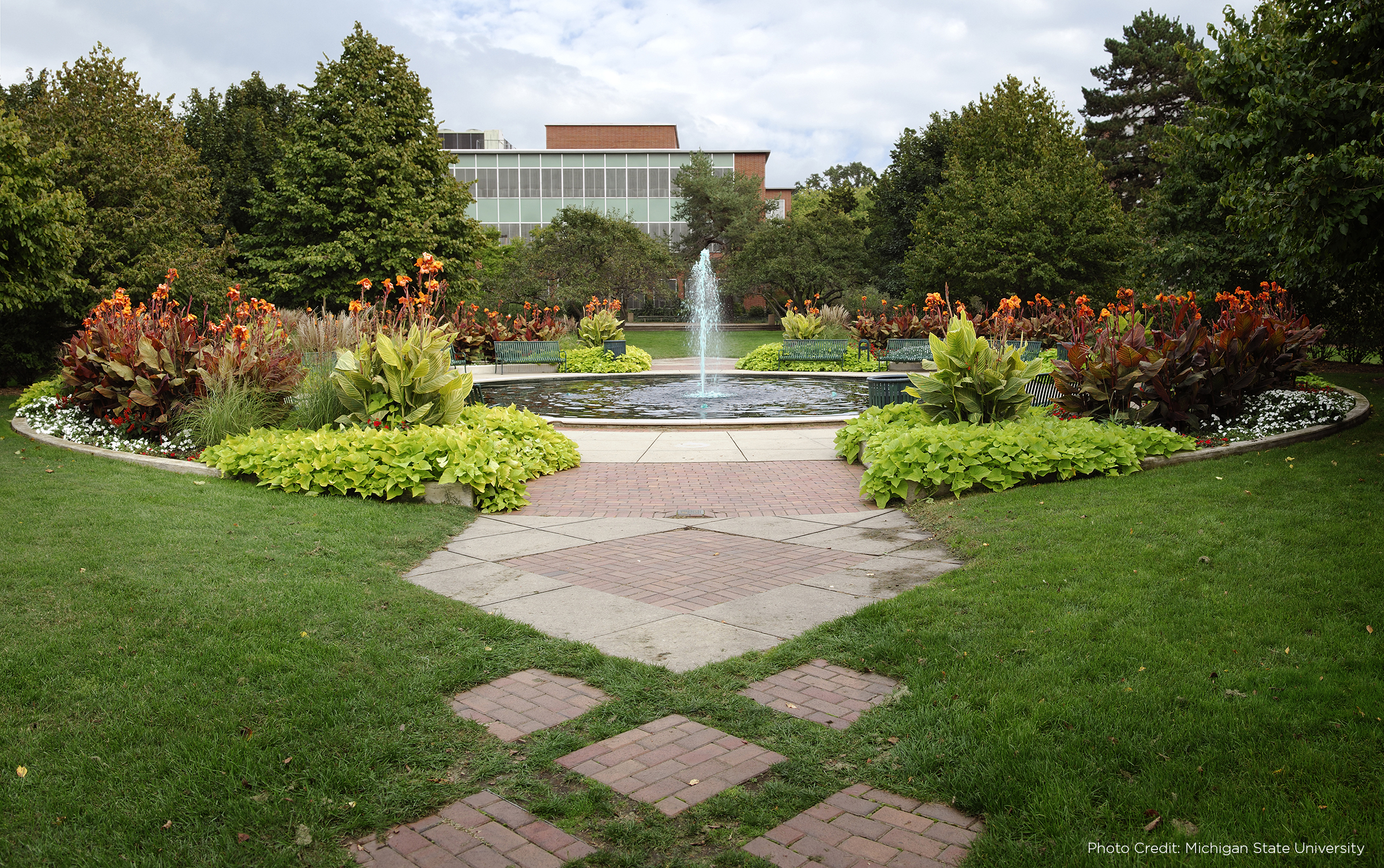Tags: Academic Administrators
Academic Administrators’ Guide to Commonly Needed Information
Introduction
This series of web pages is designed to make readily accessible some policies and practices frequently used by academic administrators, particularly at the department/unit level. The information is organized into four sections: (1) Policies &
A Year of Progress in the Academic Advancement Network: Highlights from 2017-18
We are just completing the second year of the Academic Advancement Network, which we affectionately call “AAN” (we are at MSU, and of course therefore must have an acronym!). Overall,
Leadership: Deans Collaborating to Effect Change

Our deans at MSU have worked together in extraordinary ways over the last couple of years – efforts that have intensified in 2018. In addition to the regular ‘Deans Council’ meetings with Provost Youatt,
Other Useful Resources
On mentoring
- Another e-network to consider is Peer Resources, a fee-based membership network. Even if joining is not an option, significant information is still available to non-members from their homepage.
Resources for Mentor Professional Development
Entering Mentoring
Entering Mentoring is a process-based mentor training curriculum developed at the University of Wisconsin and currently being used with academics across career stages and disciplines. This curriculum is being disseminated through the NIH-supported National Research Mentoring Network and can be downloaded free of charge once you create an account,
Facilitating the Mentoring Relationship
The following are worksheets in PDF form for your reference.
See references 8 and 9 in Literature Cited list
Mentee Needs Assessment for Additional Support
Reference 10
Discussion Starters for Mentors
Discussion Starters for Mentees
Mentoring Resources for Unit Administrators
Best practices for college/unit leaders
The “best” formal mentoring program is one that is designed to meet the needs of an individual college or unit. Different models exist and deciding which model is best requires aligning the unit’s particular needs,
Best Practices for Mentors and Mentees in Academic Settings
Introduction
The “best” faculty mentoring happens when mentors and mentees are prepared and strong relationships develop. Although there are many formal mentoring models, they all share the goal of facilitating the professional development of mentees.
Confidentiality in Mentoring Relationships
Introduction
No matter what mentor model is used, it is critically important to establish how issues of confidentiality will be handled. All academics need to work in an environment in which they can feel safe and able to address concerns without fear of retribution.

